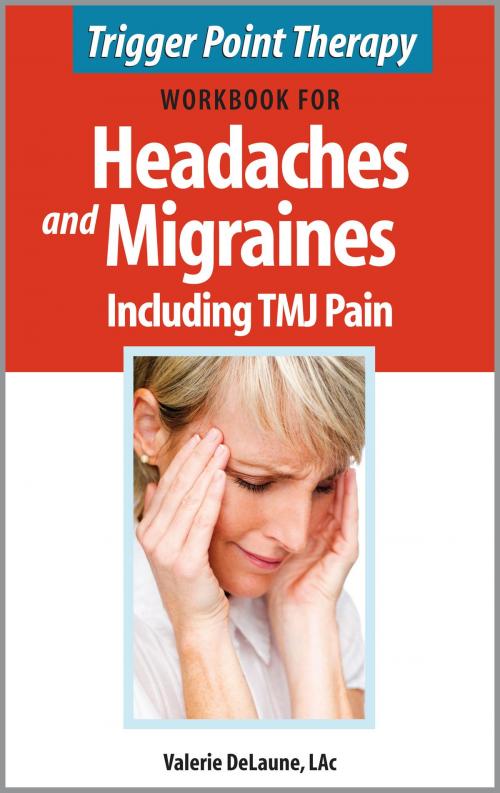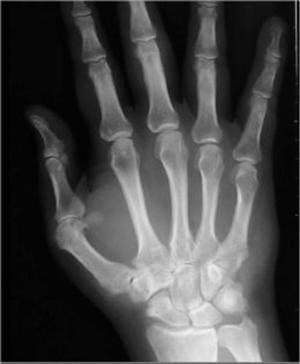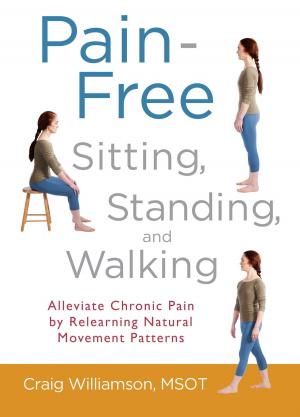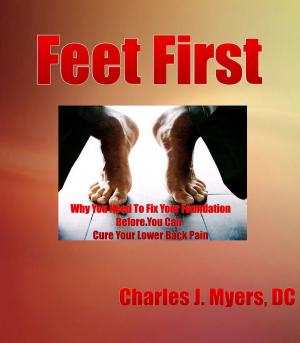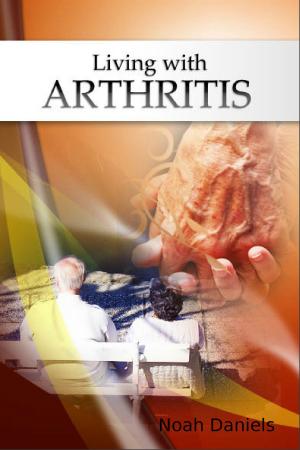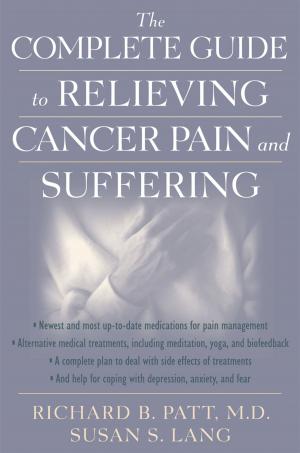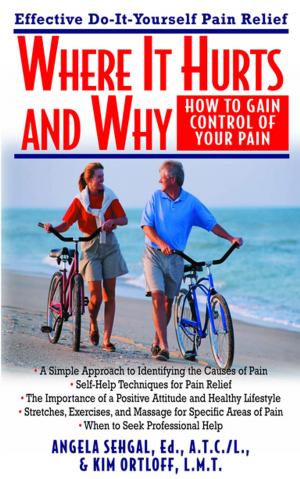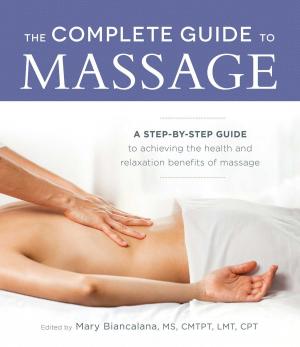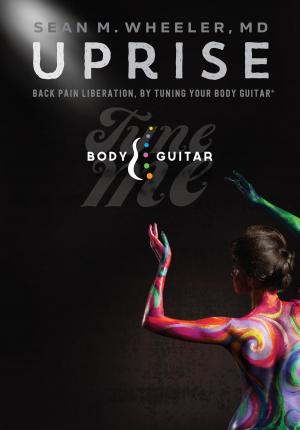Trigger Point Therapy Workbook for Headaches and Migraines including TMJ Pain
Nonfiction, Health & Well Being, Health, Ailments & Diseases, Musculoskeletal, Pain Management| Author: | Valerie DeLaune | ISBN: | 9780976124610 |
| Publisher: | Valerie DeLaune | Publication: | October 31, 2013 |
| Imprint: | Smashwords Edition | Language: | English |
| Author: | Valerie DeLaune |
| ISBN: | 9780976124610 |
| Publisher: | Valerie DeLaune |
| Publication: | October 31, 2013 |
| Imprint: | Smashwords Edition |
| Language: | English |
75% of pain is caused by trigger points (areas of contracted cells in muscle tissue), but they are drastically under-diagnosed as the source of pain, including headaches and migraines. Trigger points may refer pain and other symptoms both in the local area and/or to other areas of the body, but since over 74% of trigger points are not located in the area where you feel pain, treating the local area does not resolve the problem most of the time. The most common "referral patterns” have been well documented and diagrammed over decades of research.
Probably at least 90% of headaches and migraines are caused by trigger points in the upper back, neck, scalp, and facial muscles. You can probably relieve much or all of your headache pain with a combination of trigger point self-help, and identifying and eliminating all the perpetuating factors to the extent possible (the things that cause and keep trigger points activated). TMJ pain is often occurs together with headaches and migraines, and it is essential to treat both for lasting relief.
Chapter 1 explains “What Are Trigger Points?” Chapters 2 and 3 explain more about how trigger points cause headaches, migraines, and TMJ pain. Chapter 4 includes general guidelines for self-help techniques and muscle care. Chapter 5 contains a diagram of a body divided into zones, with a list of muscles that may contain trigger points which are referring pain and other symptoms to each zone, so that you will know which subsequent muscle chapters you need to read.
By clicking on the pertinent muscle chapter links from the table of contents (chapters 6 through 16), your e-book reader takes you to each chapter that may harbor trigger points that are the source of your pain. You'll find illustrations of common pain referral patterns that you can compare with your symptoms, and this will help you figure out where the common trigger points causing your pain are likely located. Along with outlining the common symptoms and causes for trigger points for each muscle, there are lists of "helpful hints" for resolving trigger points. Self-help techniques are written out and accompanied by detailed photos to guide you through the techniques. An extensive Appendix on perpetuating factors that will cause trigger points to form in any of the muscles of the body will help you gain lasting relief.
In addition to headaches, migraines, and TMJ pain, conditions such as trapezius pain, neck stiffness and lack of range of motion, head-forward posture, and improper breathing are addressed.
This e-book draws on the decades of research by Doctors Janet Travell and David G. Simons, combined with the 23 years of clinical experience of Acupuncturist, Neuromuscular Therapist, and author Valerie DeLaune, LAc.
75% of pain is caused by trigger points (areas of contracted cells in muscle tissue), but they are drastically under-diagnosed as the source of pain, including headaches and migraines. Trigger points may refer pain and other symptoms both in the local area and/or to other areas of the body, but since over 74% of trigger points are not located in the area where you feel pain, treating the local area does not resolve the problem most of the time. The most common "referral patterns” have been well documented and diagrammed over decades of research.
Probably at least 90% of headaches and migraines are caused by trigger points in the upper back, neck, scalp, and facial muscles. You can probably relieve much or all of your headache pain with a combination of trigger point self-help, and identifying and eliminating all the perpetuating factors to the extent possible (the things that cause and keep trigger points activated). TMJ pain is often occurs together with headaches and migraines, and it is essential to treat both for lasting relief.
Chapter 1 explains “What Are Trigger Points?” Chapters 2 and 3 explain more about how trigger points cause headaches, migraines, and TMJ pain. Chapter 4 includes general guidelines for self-help techniques and muscle care. Chapter 5 contains a diagram of a body divided into zones, with a list of muscles that may contain trigger points which are referring pain and other symptoms to each zone, so that you will know which subsequent muscle chapters you need to read.
By clicking on the pertinent muscle chapter links from the table of contents (chapters 6 through 16), your e-book reader takes you to each chapter that may harbor trigger points that are the source of your pain. You'll find illustrations of common pain referral patterns that you can compare with your symptoms, and this will help you figure out where the common trigger points causing your pain are likely located. Along with outlining the common symptoms and causes for trigger points for each muscle, there are lists of "helpful hints" for resolving trigger points. Self-help techniques are written out and accompanied by detailed photos to guide you through the techniques. An extensive Appendix on perpetuating factors that will cause trigger points to form in any of the muscles of the body will help you gain lasting relief.
In addition to headaches, migraines, and TMJ pain, conditions such as trapezius pain, neck stiffness and lack of range of motion, head-forward posture, and improper breathing are addressed.
This e-book draws on the decades of research by Doctors Janet Travell and David G. Simons, combined with the 23 years of clinical experience of Acupuncturist, Neuromuscular Therapist, and author Valerie DeLaune, LAc.
